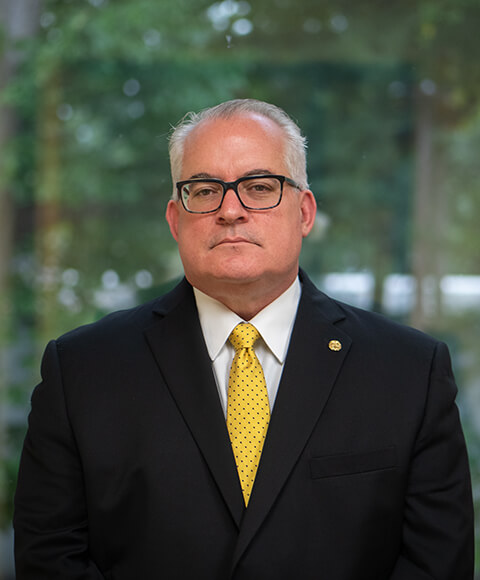WASHINGTON, D.C. (NOTUS) — Secretary of State Marco Rubio has accumulated relatively little wealth over the course of his political career — a decade after his financial struggles led the national news cycle and became a potent attack for his opponents in the 2016 presidential race.
Now, as secretary of state under President Donald Trump — who once called Rubio a “disaster with his credit cards” — Rubio’s finances are light years apart from the billionaires who work alongside him in Trump’s cabinet, like Education Secretary Linda McMahon and Commerce Secretary Howard Lutnick, whose sprawling business ventures raise a whole set of conflict-of-interest concerns.
Rubio’s bank accounts still hold less than $30,000 in cash. At 53, his two retirement funds hold less than $65,000 combined. And he took out a personal loan last year for between $15,000 and $50,000 at an almost 16% interest rate, according to his most recent financial disclosure report from January.
In that disclosure, Rubio added a note that states he pays off his credit card balance — reported to be between $10,000 and $15,000 — monthly. And he said he had planned to pay off the personal loan by February 2025.
Meanwhile, Rubio’s presidential campaign committee is still more than $800,000 in debt, according to the defunct campaign’s latest finance report from April — far more than any other major 2016 candidates’ committees still carry. Most don’t have any lingering debts.
Rubio has long defended his finances by saying they make him more like the average American. But the continued financial ups and downs 10 years later are especially notable now that he has been able to make a significant amount of money from his books and is fourth in line for the presidency.
“This is the kind of weird circumstance in Washington, where Trump has attracted and recruited people who are phenomenally outside of the normal American boundaries of wealth and affluence,” Florida-based political strategist and Trump critic Rick Wilson told NOTUS. “But Marco is actually, in this regard, he is the most normal of the bunch.”
The State Department did not respond to detailed questions about Rubio’s finances or confirm whether Rubio had yet paid off the personal loan he intended to pay by February.
“Secretary Rubio has dedicated his life to public service because he’s a patriot who loves his country,” said a senior State Department official. “Anyone implying otherwise is just lashing out in a desperate attempt to derail President Trump’s America First agenda.”
Most of Rubio’s income until recently has been the annual Senate salary of $174,000 — a number that hasn’t budged since 2009. He earned some money as a senior fellow at Florida International University, typically between $17,000 and $25,000 annually in recent years, and from book royalties. His four children have somewhere between $17,000 and $80,000 saved up for them in Florida’s state-run college savings program.
Senators are not required to report their spouses’ salaries, but nonprofit filings show the charitable family foundation of one of Rubio’s major political backers, billionaire Norman Braman, has paid Jeanette Rubio’s company, JDR events, at least $275,000 since 2019 for “consulting.” Braman’s office told NOTUS Jeanette Rubio helps, “review and evaluate all incoming funding requests,” for the family’s charitable giving.
The financial contrast between Rubio and other cabinet members could be helpful for Rubio in 2028, if he decides to run for president again. As he told Fox News in 2015, “It would be good for this country to have a president that knows what it’s like to owe money in student loans.”
Any boon from the everyman messaging, however, would likely be offset by the fact that “running for president is incredibly expensive,” Wilson said. “The people that can, sort of, not have to work and can survive on their own resources, they mentally have an easier time running for president.”
Loans and high debt-to-cash ratios can also present national security vulnerabilities, experts say — especially for high-level officials like the secretary of state.
“If you are powerful and prominent, you sometimes get a pass. That’s really dangerous because foreign intelligence services understand that, and they’ll start to go after ambassadors. They’ll start to go after assistant secretaries of state. They’ll start looking for those weak links that won’t get challenged by security — or if challenged by security, they get rolled by the politicos,” Dan Meyer, a federal security clearance expert and managing partner at Tully Rinckey, told NOTUS. “Something so small as credit card debt could end up compromising part of our network across the world.”




